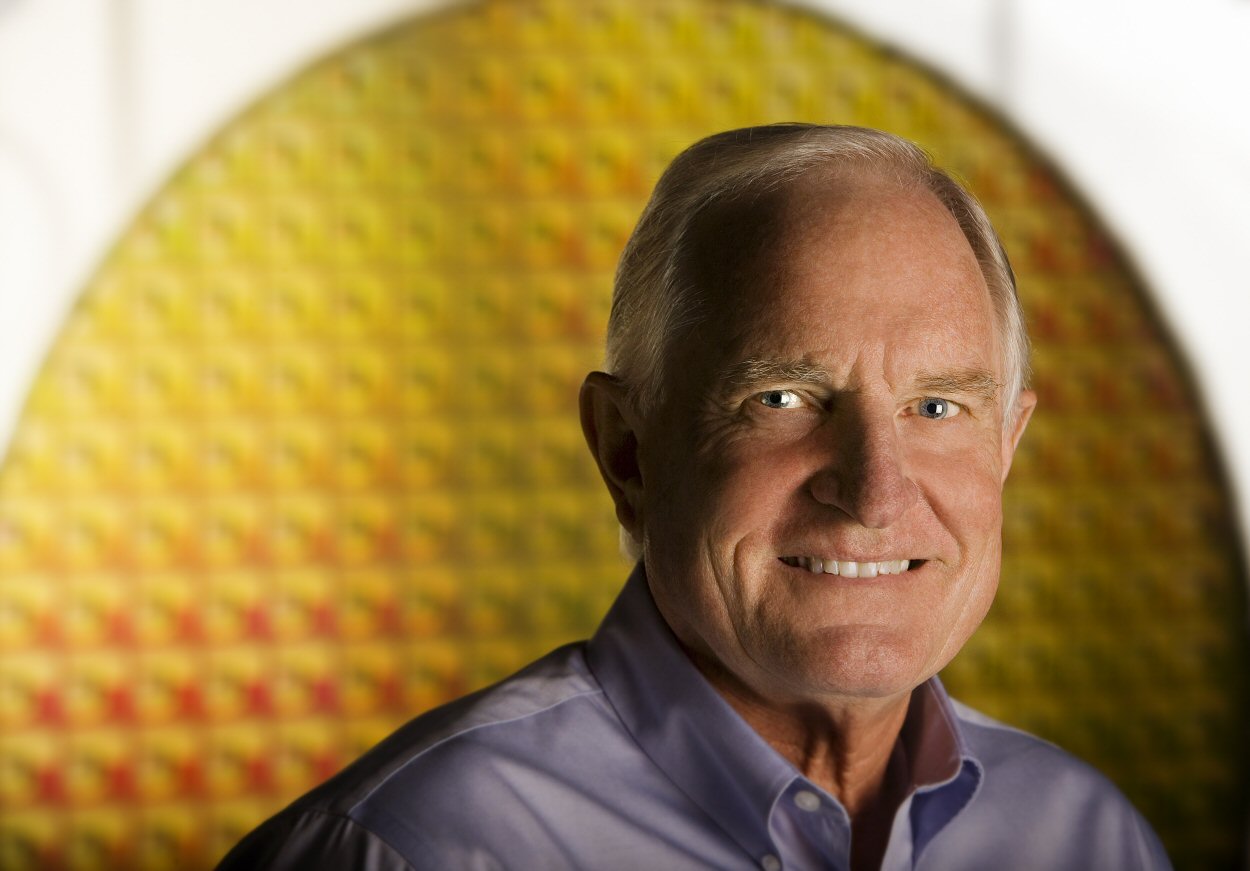Intel: wireless net can 'connect a billion'
Wimax the way forward - says Wimax advocate

Intel's chairman has said that wireless broadband could cross the digital divide in Africa. Only 4 per cent of Africans currently use the internet. Talking to the BBC, Craig Barrett said: "it's cheaper, easier and more efficient to communicate wirelessly". Mr Barrett's visit is part of Intel's World Ahead programme. It aims to "connect the next one billion" people to the internet.
Of course, the cynical view is that Intel is trying to push its Wimax last-mile technology into new markets. Mind you, Intel has become involved in several developing world projects recently, such as the Classmate PC and OLPC ( One Laptop Per Child) projects to sell cheaper PCs to the developing world.
But Intel isn't alone in advocating wireless. Other organisations such as the Jhai Foundation have used similar wireless technologies to spread the use of the internet in countries such as Laos.
Lack of copper
Much of the reason for using wireless is to do with the topography of the ground, while there are relatively few areas with copper phone-line cabling. Links between many African countries are also poor. "In every African country, except some of the more established economies, cell phones vastly outnumber fixed line phones," said Barrett. "Once you have that, forget about wires and twisted copper and go directly to broadband wireless technologies like Wimax."
Barrett talked specifically about Nigeria, where there is no copper cabling. "There is only one way to connect to the net and that is using wireless technologies," he said.
Get daily insight, inspiration and deals in your inbox
Sign up for breaking news, reviews, opinion, top tech deals, and more.
Dan (Twitter, Google+) is TechRadar's Former Deputy Editor and is now in charge at our sister site T3.com. Covering all things computing, internet and mobile he's a seasoned regular at major tech shows such as CES, IFA and Mobile World Congress. Dan has also been a tech expert for many outlets including BBC Radio 4, 5Live and the World Service, The Sun and ITV News.